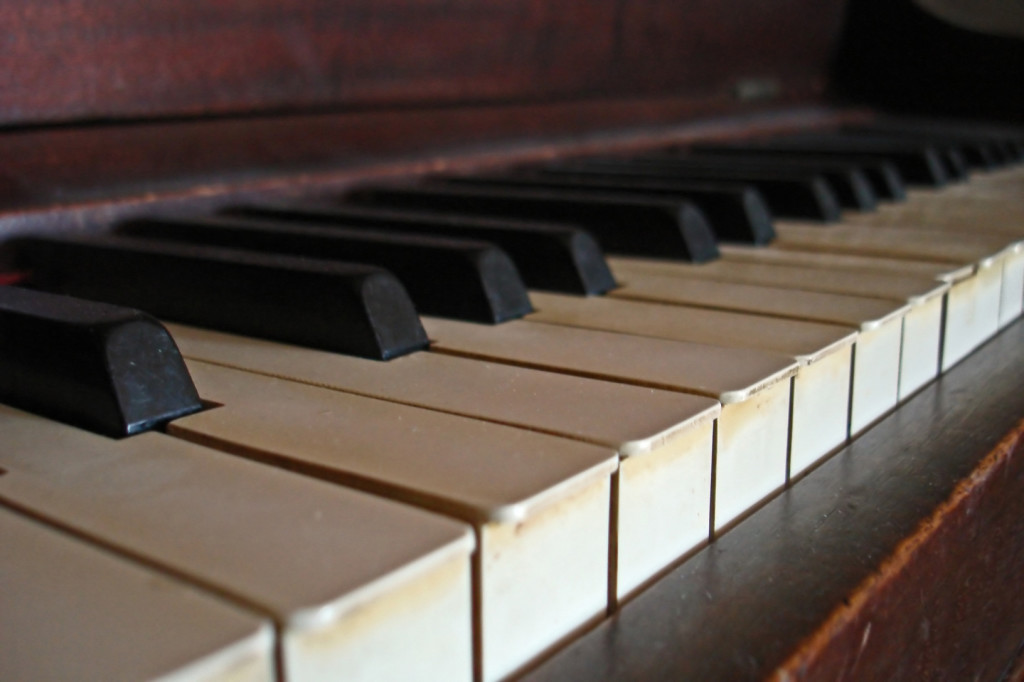
According to a recent report released by the Indiana University School of Nursing, young people suffering from cancer felt better about themselves and their outlook on support and family after working on an extensive music project. All the subjects in the program were undergoing a series of risky intravenous, stem cell transplant treatments.
The research followed a group of aged 11–24 year old cancer patients as they engaged in songwriting, recording and producing a music video over a three week period. This specified form of music therapy saw a lift in the group’s optimism. They admitted to feeling more supported by family, friends, doctors, as opposed to patients that were listening to audio books for that same period of time.
It should be noted that while patients had a stronger viewpoint of their environments, the music therapy didn’t affect any distress related to their cancer or dynamically altered any coping mechanisms that reflected negativity. What it seemed to impact specifically were the social challenges they faced such as isolation and helplessness.
A life with cancer is stressful for these younger patients as they are dealing with the usual aspects of the illness, such as mouth sores, nausea and weaknesses as a result of radiation and chemotherapy treatments. While their peers are engaging in sports and other physical activities, they are spending an exorbitant amount of time at home or in medical facilities like hospitals for hours to weeks at a time. Due to this, these young people – who should be discovering friendships and new feelings and exciting experiences – are less likely to have an interactive life.
Under the guidance of a qualified music therapist, each subject was given a task based on what was important to them and how they would communicate their ideas through music or art. This type of therapy isn’t new. Music therapy is becoming a growing part of care in everything from children’s hospitals to senior living facilities.
All the subjects in the study were engaged in extended stays in the hospital. Over three weeks, half the subjects were given audio books to entertain themselves. The other half met with a music therapist six times a week. Each patient was assigned unique tasks to the music video, such as writing lyrics, recording the songs and selecting art.
The program was designed to keep subjects on the hopefully less stressful and creative end of music production, giving them the opportunity to express their feelings and express issues that were important to them without pressure. The study was looking for these young people to find ways to talk about things that they might not normally and openly express as they underwent their grueling treatments.
Once their projects were completed, the families and friends were invited to a video premiere where the patients’ works were unveiled.
At the end of the project, all subjects participated in a questionnaire. The results discovered that directly after the project, the young cancer patients had a more positive and optimistic attitude on a far greater level than anything experienced by the young people that only engaged in audio books. The music videos apparently had an impact on self-confidence, breaking down their sense of helplessness and empowering the idea they were still productive creatures that had something to offer. They felt communication with friends, family and doctors was better and they could cope with cancer treatments.
Previous studies with music therapy revealed young cancer patients found it reduced their fears and distress. The Teenage Cancer Trust is optimistic about this research, knowing we need better channels for getting these young cancer patients to communicate, cooperate and understand the support they have access to.
References:
American Cancer Society
Reuters
BBC
Leave a reply